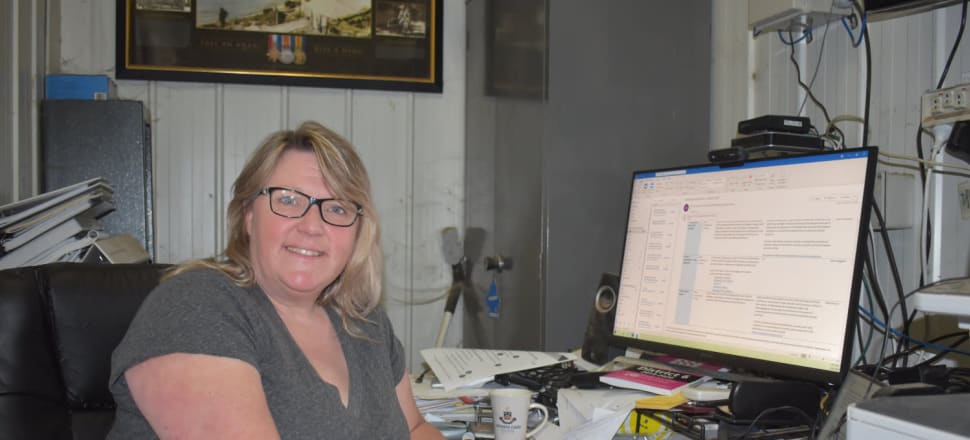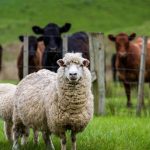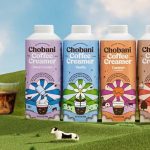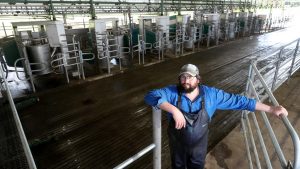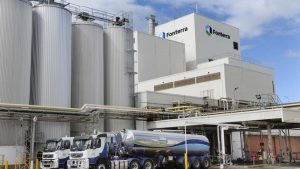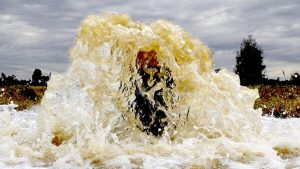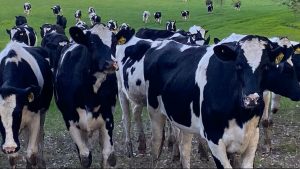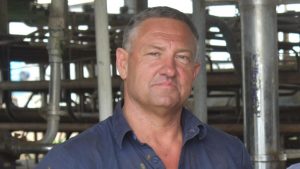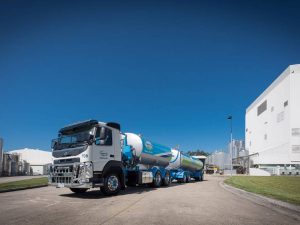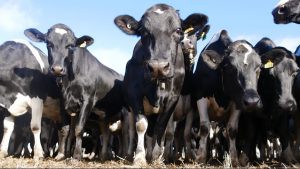
Thankfully, those days are long gone for the majority of farmers and Sam, who farms near Colac with husband Mark and their four children, has always been happy to incorporate data analysis into the business and encourages all dairy farmers to look for opportunities to do the same.
Sam and Mark have always kept meticulous records and based business decisions on their herd’s data.
“Both Mark and I are data driven people,” she said.
“We know it can be an onerous task for some people, but we enjoy it and it improves business.
“At the end of the day everyone wants to have a successful business and you need to use the information that’s coming out of the operation, whether that is financial, milk tests or genetics, to make good decisions for your farm.”
This commitment has led to Sam’s election to the board of DataGene, the dairy industry’s organisation to drive herd improvement.
Their Craiglands farm at Larpent is testimony to the success of genetics and innovation.
“You can see the improvements; the graphs provided by DataGene on our genetic profile just skyrocket from about 2015 when we started using genetics,” Sam said.
As a board member, Sam wants to encourage more farmers to use services such as herd testing and genetic testing so they can enjoy similar success.
Sam previously worked for the Department of Agriculture, where she coordinated the Farm$mart program in western Victoria, assisting farmers with business planning.
“This was back in the day when many farmers were keeping receipts in shoe boxes and delivering them to the accountant once a year.
“Things were quite ad hoc and business planning was very low on the priority list for the bulk of farmers; we were trying to change that mindset.”
After meeting Mark, she relocated to Colac and became part of the Craiglands enterprise. They milk around 400 Holsteins in a closed herd on 267 ha plus 80 ha at Gellibrand for young stock.
The business has always been into cutting edge technology and keen to try new things.
A trip to World Dairy Expo in 2004 inspired Sam and Mark to start showing cows locally, and to do that they had to be registered.
“We had been religious herd testers for many years and had excellent record keeping way back to the 60s,” Sam said.
“The registration process was probably the start of my interest in genetics.”
Despite local success, their children weren’t interested so they stopped showing — but kept the herd registered and never lost interest in genetics and new technologies.
Sam and Mark regularly participate in industry projects including Ginfo, ImProving Herds and MIRforProfit and Sam wants to be seen as an advocate for things like DataVat, Ginfo and the Good Bulls Guide.
They have also hosted pasture trials and PhD students, and Mark has been on boards for virtual fencing and robotics.
“When genetics came in, we were approached to become involved in DataGene’s ImProving herds program,” Sam said.
“After doing ImProving Herds, we could really see the benefits of the information we were getting from the genetic testing.”
One outcome was the introduction of some beef.
“That’s the benefit of the genetic testing,” Sam said.
“You are able to not only improve the genetic merit of your herd and make some good productivity gains in a reasonably short time, you are also able to see which cows might be milking and contributing to the business but don’t have genetics you want to include into your herd profile in the long-term.
“You want to do something with them as you look to make improvements but you don’t want too many more calves in the milking herd so why not get some beef.”
For the past two years, they have reared about 40 beef calves.
“In the medium term, we won’t change to beef 100 per cent, but when you see the ramifications of the milk price clawback in 2016 when farmers lost hundreds of thousands of dollars overnight through no fault of our own, you can’t have all your eggs in one basket,” Sam said.
“We also rear some of our own bulls, as we know the genetics of the mother and the sire so if we get a bull calf we can decide to sell or stay and see how it grows out.
“Because we know the genetics, we know where we can use them.”
The data also enables Sam and Mark to select the most appropriate bulls. “Not necessarily the best bulls in the market but the bulls that suit our herd at that time.”
When selecting they have certain parameters in mind, including improving BPI and ensuring cows are not too big to fit the 44-stall rotary dairy and to keep a lid on extra feeding.
Sam joined the DataGene board in November.
“We live what DataGene is trying to get out there about utilising information from things like genetic testing, herd testing and the Good Bulls Guide to improve profitability and productivity,” she said.
“We do all that and this is a great opportunity for me to not only influence our own business but also deliver this sort of information to others and be an ambassador for DataGene.
“We’ve only been doing genetic testing commercially since 2016 and we’ve seen some great results.
“It’s now about getting more farmers to do it. The more information we have from genetic testing, the most robust the figures are and that’s going to be a great driver of improvement throughout the dairy industry.”
Sam said it was a good time to join DataGene, with exciting developments in the field, such as heat tolerance and feed savings traits.
“That’s where empowerment is going to come for farmers by knowing what they actually have.
“Prior to doing genetic testing and classification, we all think we have a great herd of cows, but now we know.
“Some of the cows we thought were fabulous aren’t, but some that look average turn out to be fabulous for putting milk in the vat or giving us heifer calves.”
